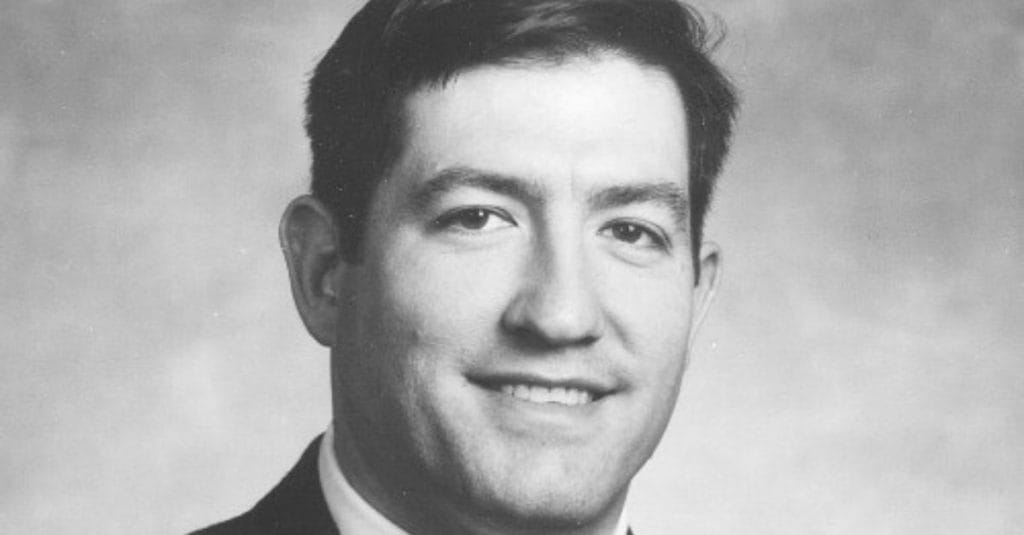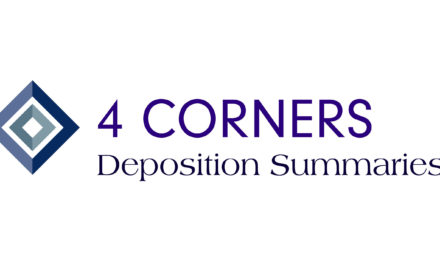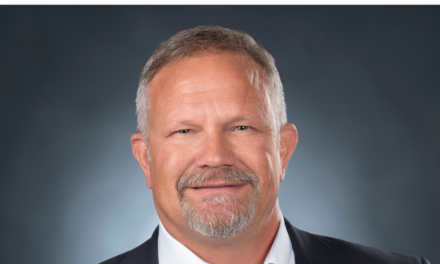Francis A. Pommett III is a distinguished attorney with over 25 years of experience dedicated to serving clients and the Baltimore community. A graduate of Perry Hall High School, he earned his Bachelor’s degree in Political Science and Government from McDaniel College in 1991, his Juris Doctor from the University of Baltimore School of Law in 1996, and a Master of Laws (LL.M.) in International and Comparative Law from Georgetown University Law Center in 2001.
Francis began his career as a law clerk at the U.S. Department of Justice in the Solicitor General’s Office, where he gained invaluable insights into appellate and constitutional law. He later established his private practice, the Law Offices of Francis A. Pommett, III, LLC, focusing on personal injury, criminal defense, and civil litigation. Known for his empathetic approach and unwavering dedication, he has recovered over $100 million for clients and is a trusted advocate in both trial and appellate courts.
Beyond his legal work, Francis Pommett is deeply involved in his community, volunteering with youth sports, 4-H programs, and St. Ursula Catholic Church. An advocate for ethical practice and mentorship, Francis combines his passion for justice with a commitment to making a positive impact on those he serves.
What inspired you to pursue a career in law?
Growing up, I was always fascinated by problem-solving and justice. My parents instilled a strong sense of right and wrong, and I wanted a career where I could make a tangible difference in people’s lives. My interest in law solidified during college when I interned with a local attorney. Seeing how legal expertise could directly help individuals and communities sparked something in me. Law isn’t just about rules—it’s about understanding people and their challenges and working to find fair solutions.
How do you prepare for a high-stakes case?
Preparation is everything, especially in high-stakes cases. It starts with thorough research—I dive deep into the legal precedents, review every detail of the case, and anticipate arguments from the opposing side. Beyond the technical work, I spend significant time with my clients, understanding their story and priorities. That human connection often shapes the strategy as much as the legal framework does. I also practice mindfulness and visualization, which help me stay calm and focused, even when the stakes are high.
How has your experience in appellate law shaped your perspective as an attorney?
Appellate law has taught me the importance of precision and clarity. In appeals, you don’t have the luxury of presenting a wide range of evidence—you rely on written briefs and focused oral arguments. That forces you to distill complex issues into their most essential elements. It’s also given me a deeper appreciation for how the law evolves. Appellate cases often set precedents, so there’s a responsibility to think about the broader implications of your arguments, not just the immediate outcome for your client.
How do you balance being a litigator with being a mentor to young attorneys?
Mentorship is incredibly important to me, and I see it as a natural extension of my role as a litigator. Balancing the two requires intentionality. I make time to share my experiences, whether through formal mentoring sessions or informal conversations about cases. I also encourage younger attorneys to shadow me during client meetings or court appearances so they can see how I approach challenges in real time. Mentorship is about more than just sharing knowledge—it’s about fostering confidence and encouraging growth.
What role does your community involvement play in your professional life?
Community involvement is at the heart of everything I do. It’s easy to get caught up in the demands of a legal career, but volunteering with youth programs, coaching sports, and supporting initiatives like 4-H keep me connected to what really matters. These activities remind me that my work isn’t just about individual cases—it’s about contributing to a stronger, healthier community. The relationships I’ve built through volunteering have also shaped my perspective as an attorney, giving me a deeper understanding of the challenges people face.
What’s the most rewarding part of your work?
The most rewarding part of my work is seeing the tangible impact it has on my clients’ lives. Whether it’s securing justice for someone wrongfully accused, helping a family resolve a complex dispute, or guiding a business owner through a tough legal challenge, those moments of resolution are incredibly fulfilling. I also value the long-term relationships I’ve built with clients. When someone returns to me years later for guidance, it’s a testament to the trust we’ve built—and that’s priceless.
How do you stay current with changes in the legal field?
Staying current requires a commitment to lifelong learning. I regularly attend legal seminars, participate in bar association activities, and subscribe to industry journals. I also make it a point to network with other attorneys and engage in discussions about emerging trends, whether it’s changes in the law or advancements in technology that impact legal practice. The law is always evolving, and keeping up with those changes ensures that I can provide my clients with the best possible representation.
How do you approach emotionally charged cases, such as family disputes or personal injury claims?
Emotionally charged cases require a delicate balance of empathy and objectivity. My first priority is to listen—to really understand what my client is going through and what they hope to achieve. At the same time, I make sure to set realistic expectations and provide clear guidance. Emotions can run high in these cases, so part of my role is to be a steady, calming presence. By maintaining that balance, I can focus on finding solutions that not only address the legal issue but also support the client’s emotional and personal needs.
What advice would you give to someone struggling with work-life balance in a demanding career?
My advice is to prioritize what matters most to you and set clear boundaries. For me, family and community are non-negotiables, so I make sure to carve out time for them, even during busy periods. I also believe in the power of delegation—trusting your team and sharing responsibilities can make a huge difference. Finally, don’t underestimate the importance of self-care. Whether it’s spending time outdoors, exercising, or simply taking a few moments to breathe, those small actions can help you recharge and stay grounded.
What legacy do you hope to leave behind?
I hope to leave a legacy of integrity, empathy, and service. I want to be remembered as an attorney who truly cared for his clients, not just as cases but as people. Beyond that, I hope my work has contributed to a more just and compassionate community. Whether it’s through the legal solutions I’ve provided, the young attorneys I’ve mentored, or the time I’ve spent volunteering, I want my efforts to have a lasting, positive impact. At the end of the day, success is about the lives you’ve touched and the trust you’ve earned.




